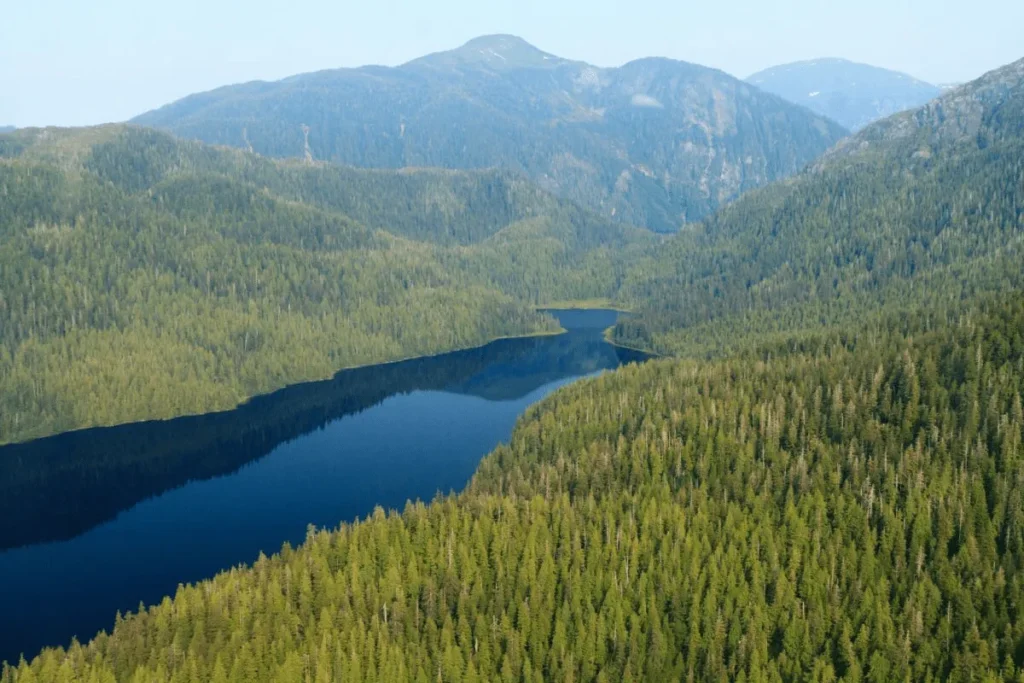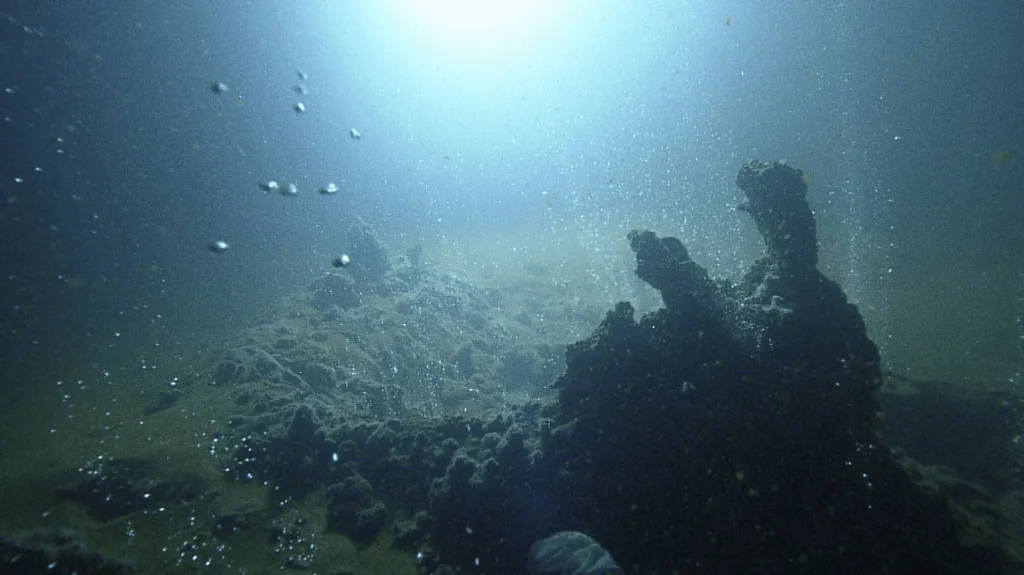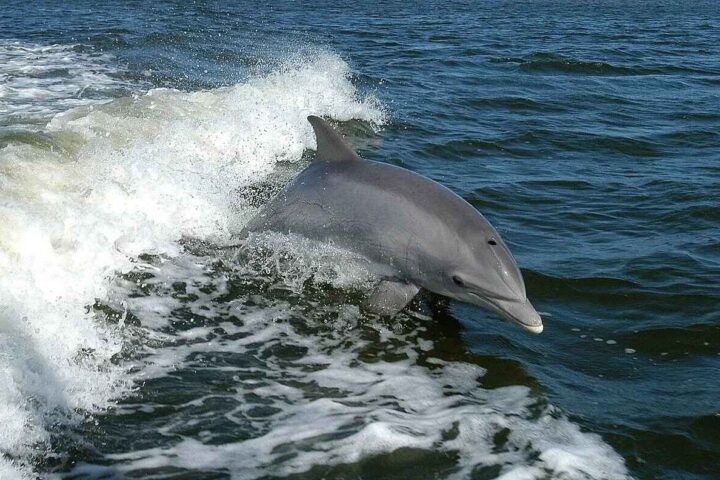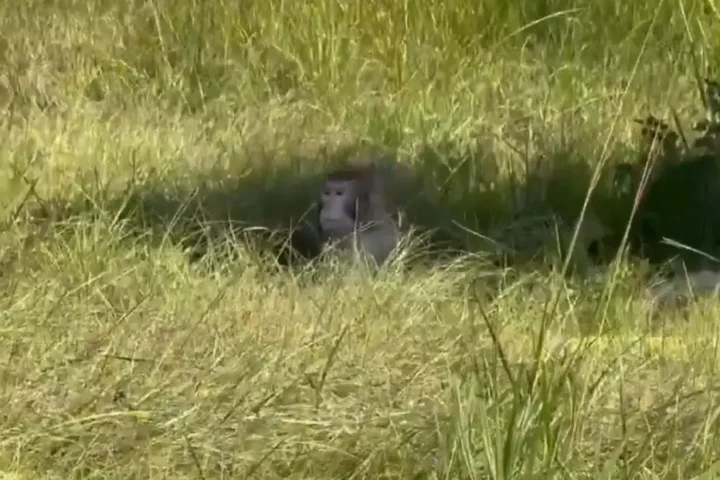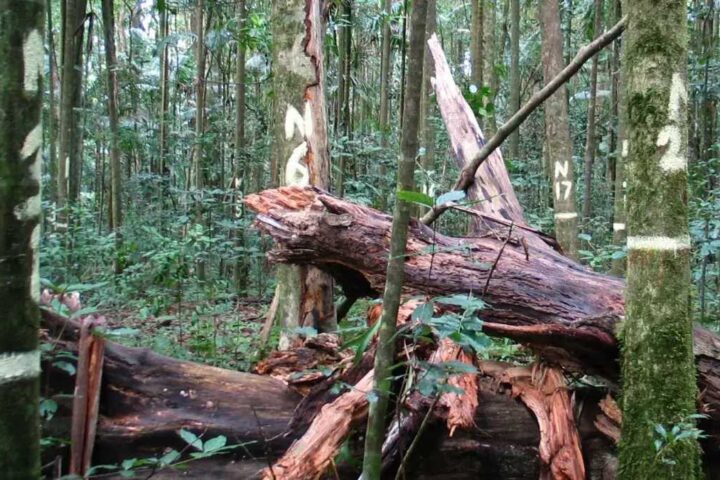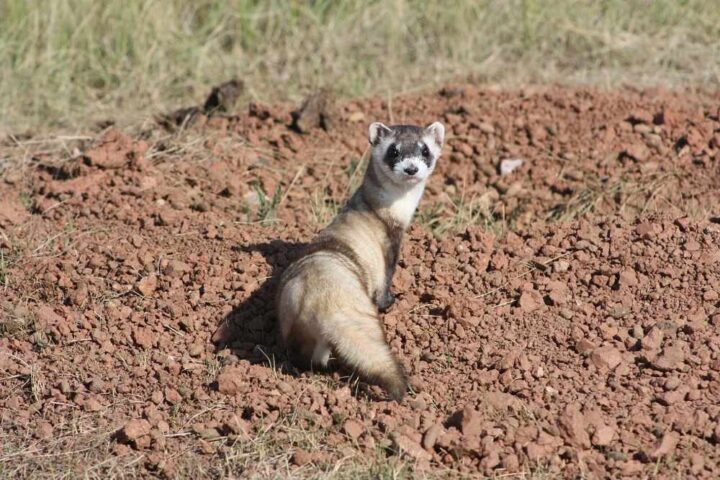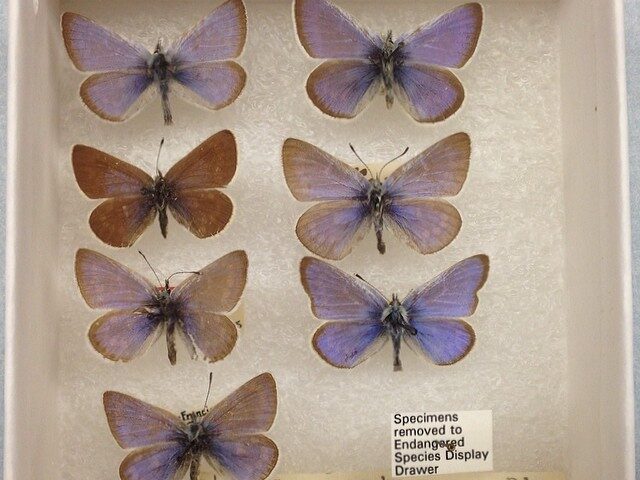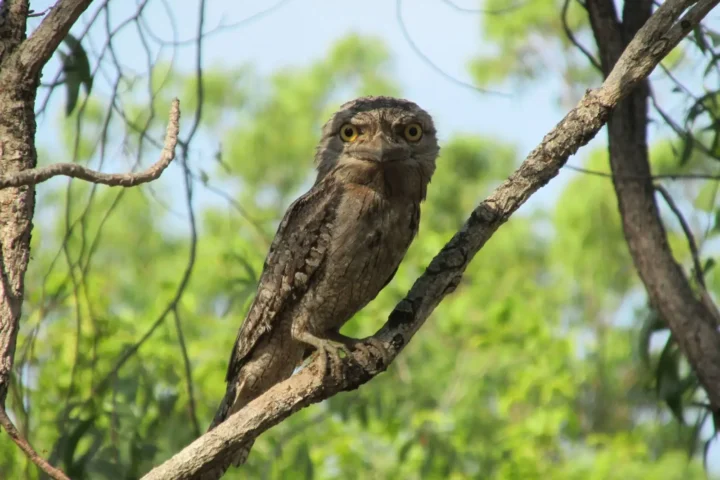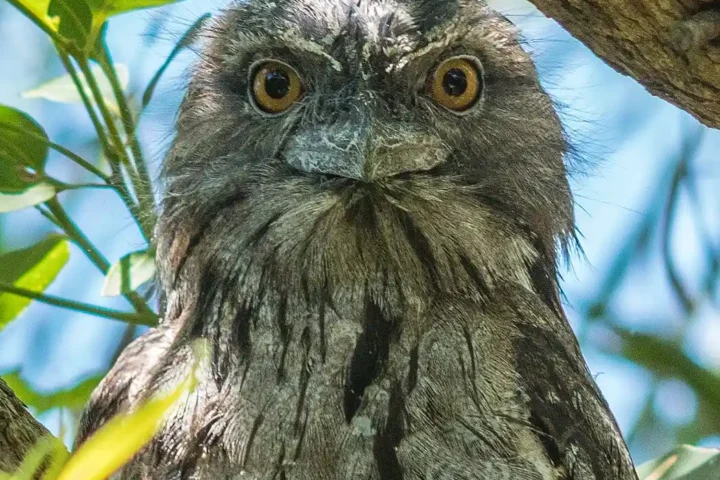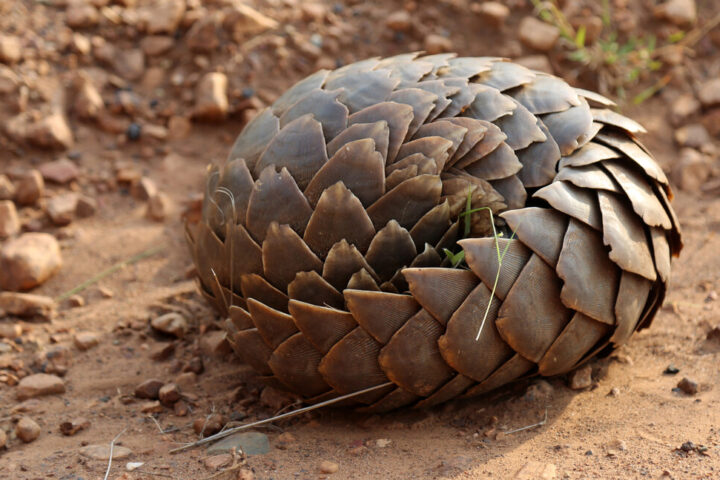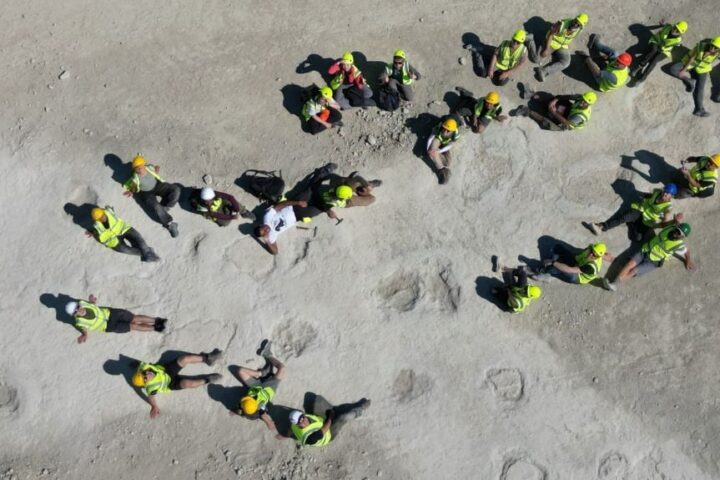On Wednesday, the Biden administration took action to protect a significant portion of Alaska’s Tongass National Forest, one of the largest remaining intact temperate rainforests in the world. This decision reinstates a halt to new road construction and logging in the area, which has been a contentious issue between environmentalists and Alaskan timber industry supporters. The Tongass, located in the southeast region of the state, had previously been protected since the Clinton era, but protections were lifted by the previous administration in 2020 in an effort to spur economic growth.
The Biden administration has taken action to protect over half of Alaska’s Tongass National Forest, one of the world’s largest remaining temperate rainforests, by reinstating restrictions on new roads and logging. This decision, made by the U.S. Department of Agriculture, revokes the 2020 Alaska Roadless Rule, making it illegal for logging companies to construct new roads and extract timber from over 9.3 million acres of the forest. Officials have emphasized the significance of the Tongass for both wildlife habitat and combatting climate change. Agriculture Secretary Tom Vilsack said in a statement, “The Tongass National Forest is a vital component in preserving biodiversity and tackling the climate emergency. By restoring these protections, we are heeding the voices of Southeast Alaska’s tribal nations and residents, while also recognizing the region’s dependence on fishing and tourism.”
The Biden administration recently announced its restoration of protections for over half of Alaska’s Tongass National Forest, which has been a contentious issue between environmentalists and timber interests. This decision, made through the U.S. Department of Agriculture, will repeal the 2020 Alaska Roadless Rule, making it illegal for logging companies to build roads and cut and remove timber within 9.3 million acres of forest. The Tongass is known for its abundant salmon runs, striking fjords, and ancient trees that play a crucial role in trapping and storing carbon dioxide to combat climate change. While the Governor of Alaska and Republicans in the state’s congressional delegation have criticized the proposal, advocates for more protection and the Biden administration have emphasized that the forest supports Alaska’s fishing industry, a larger employer in the state than the timber industry, as well as providing key habitat for wild Pacific salmon and trout.
The decision to restore protections for a significant portion of the Tongass National Forest in Alaska has been met with support from Alaska Native leaders, environmental groups, and tour operators. These stakeholders argue that protecting the forest’s wild landscapes will be beneficial for the state’s economy in the long term. The Forest Service received a large number of comments, with the majority in favor of restoring roadless protections. This move will make it illegal for logging companies to build roads and cut and remove timber across more than 9.3 million acres of forest. The Tongass is a vital habitat for a variety of species, including Sitka black-tailed deer, Pacific salmon, and trout, and boasts the highest density of brown bears in North America. Additionally, the forest is home to ancient trees, some of which are over 300 years old and as tall as 17-story buildings.
The preservation of the Tongass National Forest, one of the world’s largest intact temperate rainforests, is vital to the way of life of Alaska Native communities. The forest, known for its towering ancient trees, rich wildlife habitat and carbon storage capabilities, is essential to the survival of species like Sitka black-tailed deer and brown bears, as well as for the fishing and tourism industries. The Biden administration’s decision to restore protections for over half of the forest is a significant step in preserving this ecological oasis and the livelihoods of those who depend on it.
